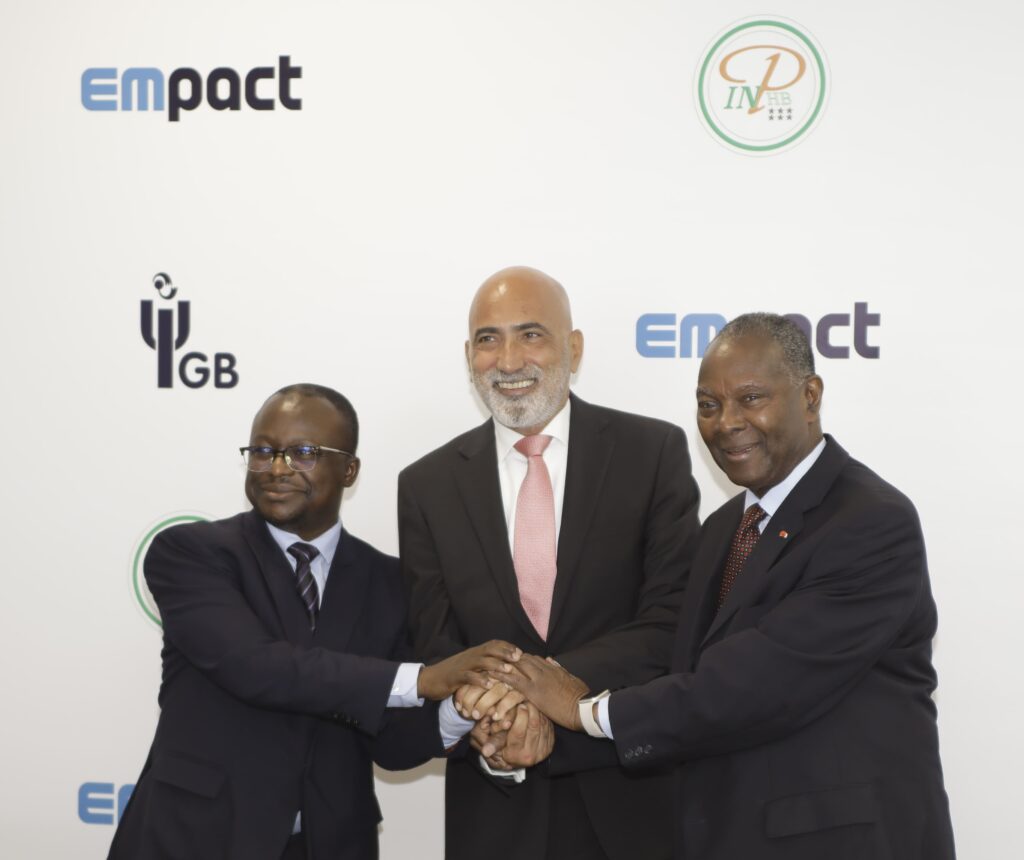The Uganda National Bureau of Standards (UNBS) with support from Advance Afrika under the Action for Livelihood Enhancement in Northern Uganda (ALENU) Project, has simplified food standards into easy-to-use guidelines and translated them to local languages (Alur and Acholi) to ease uptake and implementation of standards by Micro Small and Medium Enterprises (MSMEs).
The easy-to-use awareness materials were developed from twenty two (22) standards that include code
of practice for hygiene, specficiations for food items including; Apiary, Local Poultry, Beans, Soy
Beans, Tomatoes, Onions, Groundnuts, Freshware potatoes, Moringa and Vegetables, and have been
translated to Acholi and Alur languages.
‘Standards are technical documents. For them to be well understood, it is important that we simplify
them by writing them in a language that is easily understood to ease their uptake and implementation.
That way, the benefits are realised by the users.’ Said Mr. Andrew Othieno, the Manager – Standards at
UNBS.

The target audience for these materials is in six districts of Agago, Amuru and Omoro in Acholi subregion, Nebbi, Pakwach and Zombo in WestNile sub-region, with a focus on improving livelihoods
through increased and diversified food production, enhanced market access oppportunties and better
maternal and child nutrition.
‘In addition to simplifying and translating the food standards, we are going to train farmers in the
selected districts on how to use them, because products must meet the standards to access markets.’ Said
Innocent Sheila, The Director of Finance and Administration at Advance Afrika.
The Action for Livelihood Enhancement in Northern Uganda (ALENU) project funded by the European
Union and supervised by the Office of the Prime Minister is worth Euros 4.3M and is aimed atimproving
livelihoods of 35,000 people.
“The ALENU project started in 2020 and will conclude in April 2023. This intervention is focusing on
production, marketing, health and nutrition for 200 farmer groups which translates to 5000 households,
with each house hold having an average of 7 beneficiaries,” Said Mr. Akera Dophline, MEL Officer at
CARITAS.















